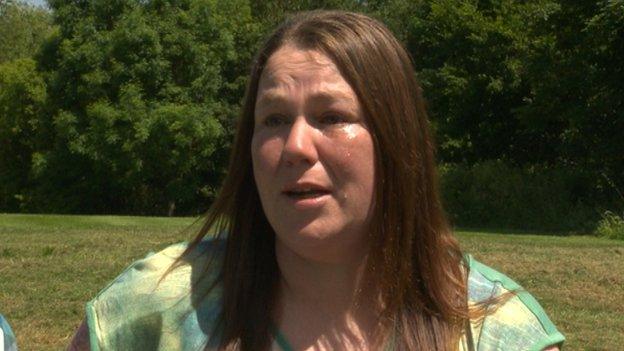Baby ashes scandal prompts new crematoria laws
- Published
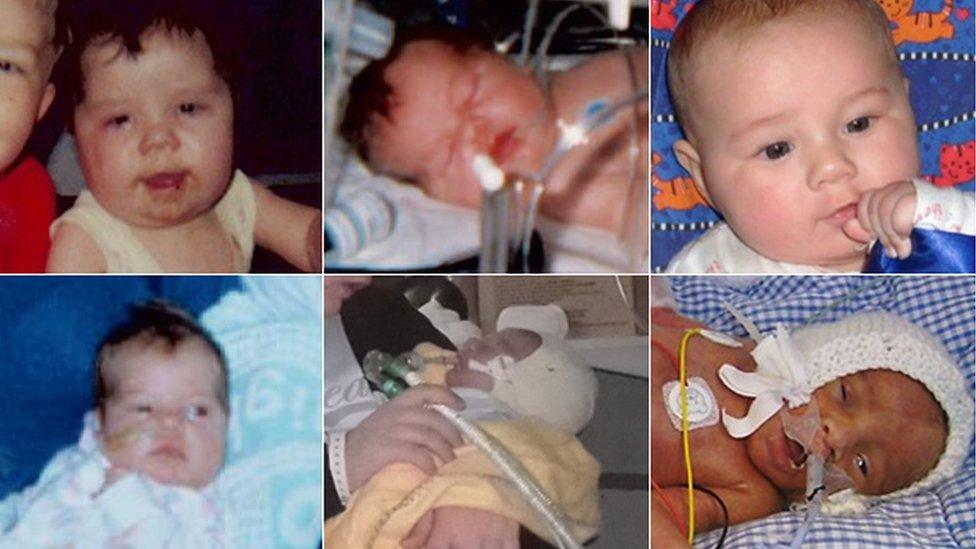
Some of the babies whose ashes were not returned to their families by Emstrey Crematorium in Shrewsbury
The "biggest and most important" changes in 100 years to cremation laws in England are being drafted after families were denied their baby's ashes, the government has said.
Concerns about the operation of more than 30 crematoria led to the review.
It comes after the BBC found at least 60 families did not get their child's ashes at Emstrey Crematorium in Shropshire from 1996 to 2012.
The move follows similar legislation introduced in Scotland.
More on this and other stories from Shropshire
The Shropshire scandal led to families across the country questioning what happened to their children's remains, with calls also made for an independent inquiry into infant cremation in Hull.
A new statutory definition of what constitutes "ashes" and "remains" will be introduced, the government said, with forms to be amended so that families' wishes are explicitly recorded prior to any cremation.
Cremations for foetuses lost in pregnancy before 24 weeks' gestation will be regulated in the same way as for all other ages, and a group will also be set up to consider appointing a national inspector for crematoria.
The Institute of Cemetery and Crematorium Management said it was "the biggest and most important change to cremation law for 100 years".
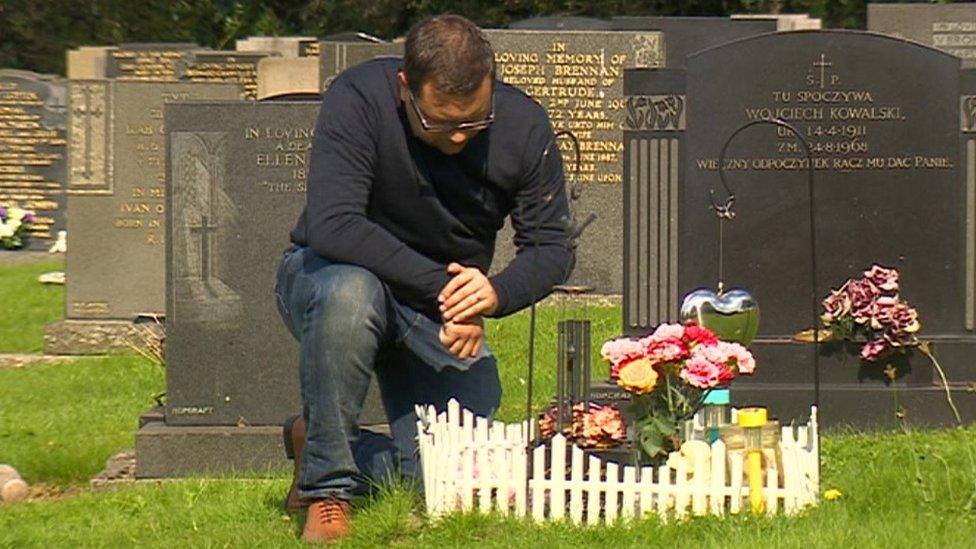
BBC reporter Nick Southall said what happened to his family helped bring out what happened to others

Analysis: Nick Southall, BBC Shropshire reporter
Families have waited for two years for this news.
It all started with BBC Radio Shropshire's discovery of failings at Emstrey crematorium in Shrewsbury, where more than 60 parents were denied their child's remains.
That led to the BBC identifying another 30 crematoria where families had raised concerns about the whereabouts of their child's remains.
The biggest announcement is the new definition of "ashes". Industry experts tell me this has been the fundamental problem, with crematoria not knowing the difference between ashes and human remains.
The government hopes this will prevent further confusion and lead to an assurance that families will get ashes from their child's cremation.

Glen Perkins, founder of Action for Ashes, said he was "pleased" to see a statutory definition of ashes being established, but "disheartened" a decision on setting up an inspectorate of crematoria was being left to a working group.
"I'm pretty sure that we're going to get a national inspectorate of crematoria - [especially] if Scotland qualifies for one," he said.
Mr Perkins, whose daughter Olivia died at four months, said not knowing where her remains are was "a bitter pill to swallow".
"What happened to me is tragic enough - I'd hate to think that would continue to happen to people many many years down the road," he said.
"Hopefully, we've paved a brighter future for the cremation industries."
A vigil will be held at Shrewsbury Baptist Church at 19:00 BST.
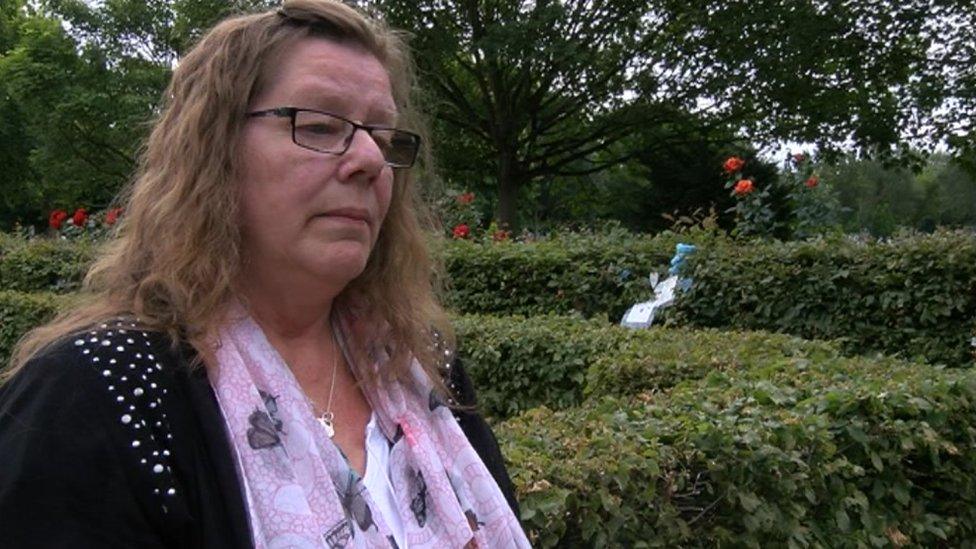
Tina Trowhill welcomed the new regulations but said families are still looking for answers over what happened to the remains of their children
Tina Trowhill, who has campaigned for an inquiry in Hull, said the changes are "a huge step in the right direction".
"Hopefully, we'll be given assurances that it could never happen again," she said.
"I still want answers as to why I wasn't given my son's ashes back and so do the other 100 or so parents."
Justice Minister Caroline Dinenage said the changes were necessary to spare other families suffering similar grief.
"Bereaved parents should not in future have to experience the additional distress that parents affected by the issues at Emstrey have borne," she said.
"[The] Government will do what it can to make sure that, following an infant cremation, ashes are returned to parents."
Diane Johnson, Labour MP for Kingston upon Hull North, asked in the House of Commons for a local inquiry "to get under way as soon as possible".
- Published12 September 2015
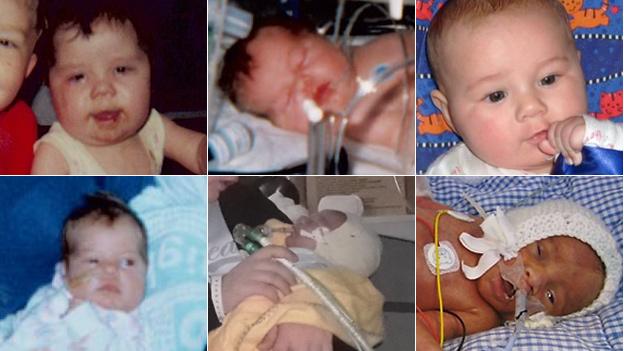
- Published8 July 2015

- Published2 July 2015

- Published1 June 2015

- Published17 June 2014
